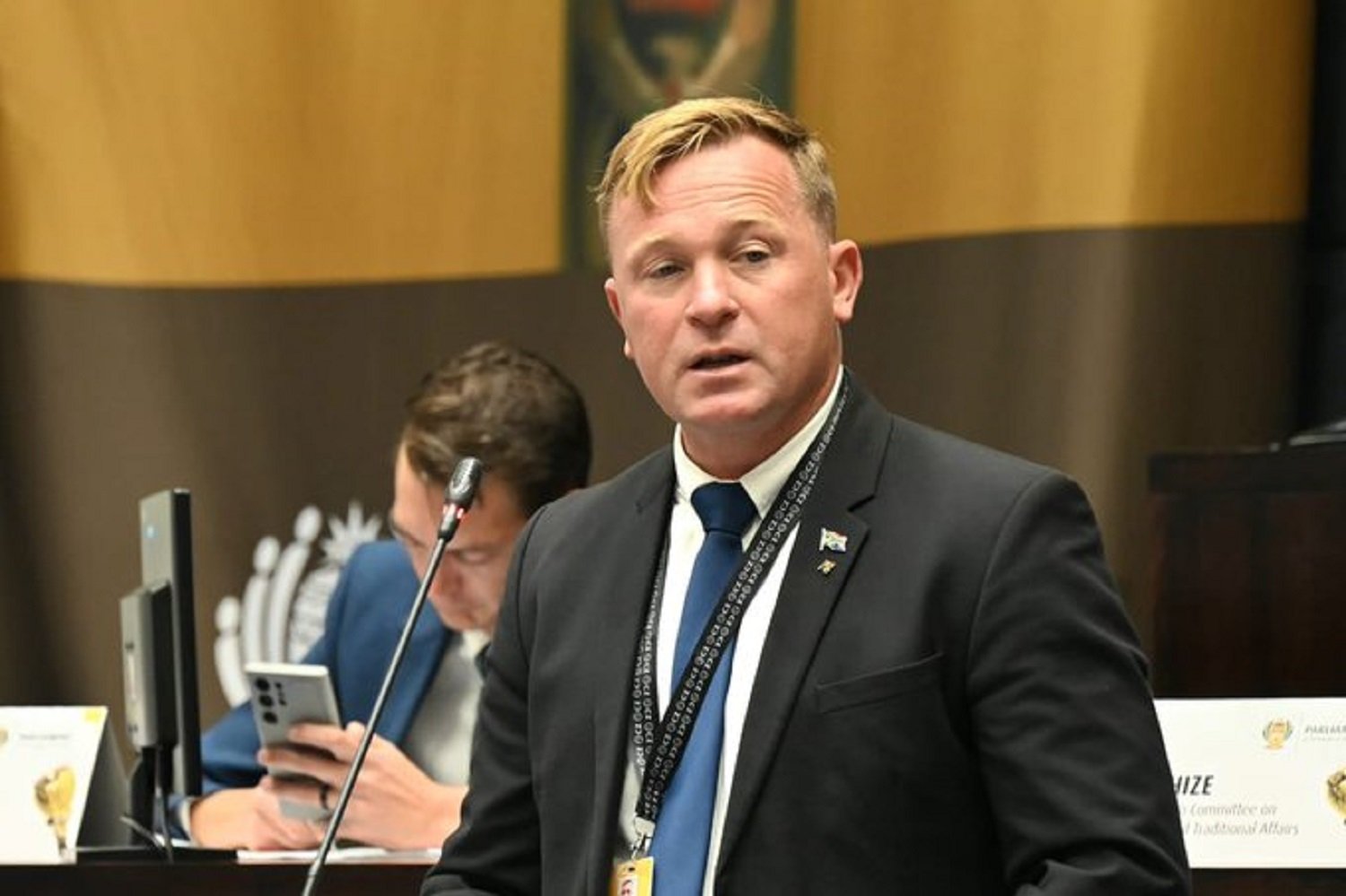While unemployed graduates queue for opportunities, fake employees are drawing state salaries unchecked, and sometimes protected.
While thousands of unemployed graduates struggle to enter the public service, parliament has warned that systemic corruption is enabling ghost workers to drain public funds, taking jobs and resources meant for real people.
The chairperson of the portfolio committee on public service and administration, Jan de Villiers, said this during the governance oversight committee’s briefing on Monday.
This follows a committee meeting on 28 May to address payroll fraud and youth employment in government.
“Every ghost worker represents a post that could have been filled by a qualified graduate, a dedicated nurse, a teacher in a rural school, or a social worker supporting the vulnerable,” said De Villiers.
Ghost workers are not errors
De Villiers confirmed that ghost workers are not a matter of administrative oversight, but the result of “deliberate and orchestrated systemic corruption,” requiring collusion between at least three internal officials.
The Department of Public Service and Administration (DPSA) acknowledged to Parliament that ghost employees exist across all three tiers of national, provincial, and local government, as well as in state-owned entities.
In one case, the auditor-general uncovered R6.4 million in fraudulent salary payments at the Mpumalanga Department of Education.
In May 2025, 230 unverifiable employees had their salaries frozen by the Gauteng Department of Health.
“Real people are drawing fraudulent salaries, and real taxpayer money is being siphoned into private pockets under the guise of legitimate employment,” De Villiers said.
ALSO READ: State capture allegations come back to haunt RAF acting CIO
Young professionals sidelined
The committee also flagged serious concerns about youth employment in the public service, especially during Youth Month.
According to the DPSA, youth aged 31 to 35 make up 27% of the workforce, more than 347 000 individuals, with most in finance, admin and technical roles.
Yet many face poor mentorship, lack of formal skills recognition, and limited opportunities for absorption into permanent posts.
“Placements without professional development or recognition are insufficient.
“We must build a future-ready public service,” said De Villiers.
The committee is pushing for early retirement schemes to create space for young professionals, but insists that only transparent, merit-based recruitment will restore trust.
“It is a national imperative to prepare the state for the future,” De Villiers concluded.
NOW READ: SA’s shrinking mining sector and the policies that brought us here














